From burnout to brilliance: Amanda Anisimova on how honesty sparked her remarkable revival
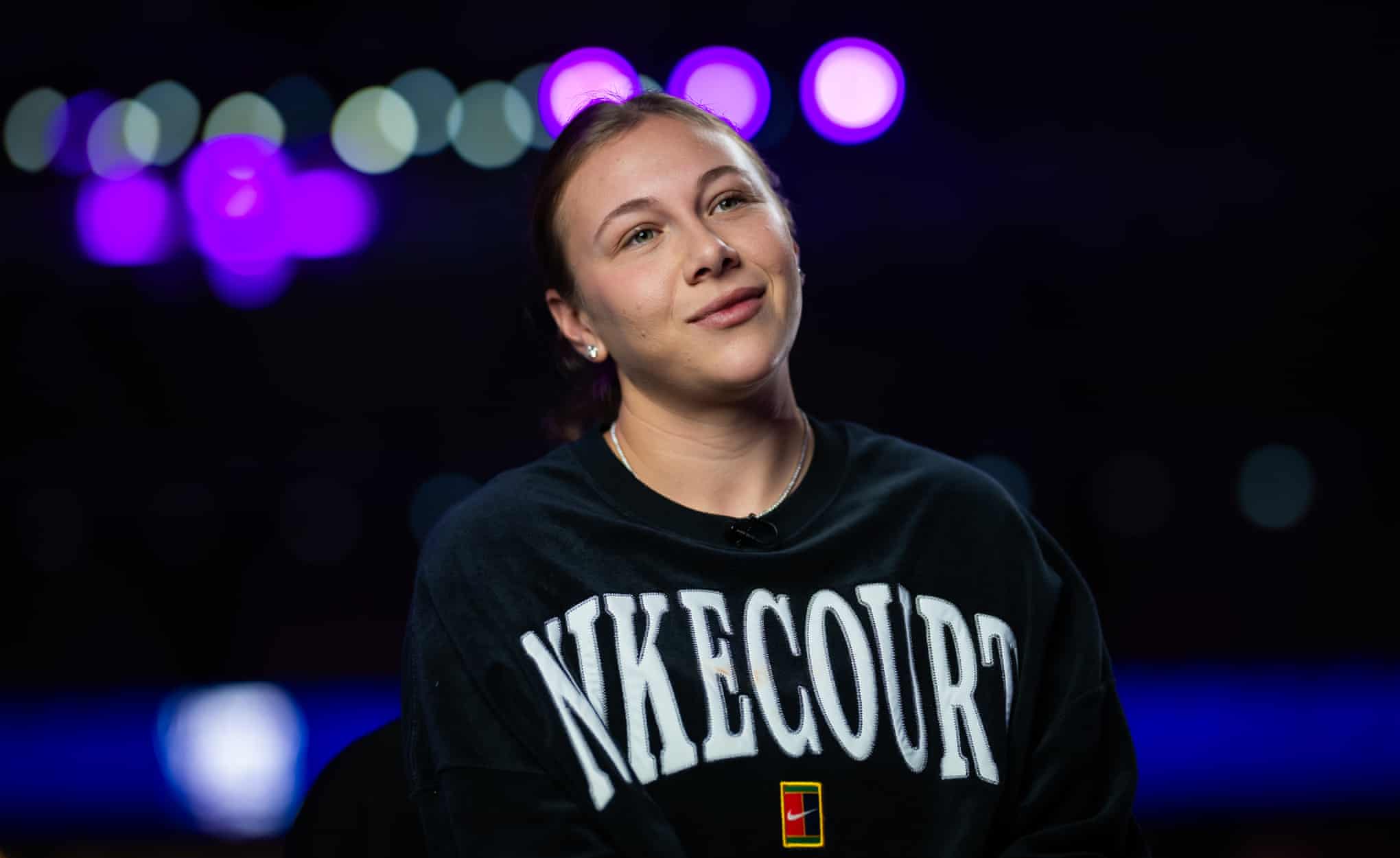
The American stepped away from the tour in 2023 to address her mental health.This year has been spectacular as she has reached two grand slam finalsThere is an air of calm surrounding Amanda Anisimova when she speaks; a palpable sense of her comfort in her own skin.In a sport like tennis that can swing its protagonists from one emotional extreme to another, week in, week out, Anisimova has worked hard to value the highs, the lows, and the moments in between, all while staying true to herself.A former teen prodigy who turned pro at 15 and reached the French Open semi-finals at just 17, Anisimova stepped away from the professional circuit for eight months in 2023, citing burnout and mental health concerns.It was a bold decision, given how athletes are always encouraged to push through their struggles and stick to the grind; a decision that has ultimately paid off in more ways than one.
Today she is No 4 in the world and is competing in the WTA Finals for the first time in her career on the back of a banner season that saw her reach the Wimbledon and US Open finals and clinch a pair of WTA 1000 crowns.Looking back at her 2025 campaign, Anisimova says the biggest lesson involved her mental approach.“I would say the mindset that I go into tournaments and matches with.I think that’s been the most important thing for me this year,” the 24-year-old American told the Guardian on the sidelines of the WTA Finals in Riyadh.“It helps, obviously, when I’m done with the tournament, being able to look back and tell myself I’ve done everything I can.
And I’m proud of the way I competed and carried myself on the court.And that’s definitely something that I’ve tried to do all year round.”There is a lot to admire when it comes to Anisimova, whether it’s her powerful brand of first-strike tennis, her devastating backhand, or her openness when discussing her vulnerability.But the moment that truly epitomised her strength of character came when she lost the Wimbledon final 6-0, 6-0 to Iga Swiatek in July.Tennis hands the microphone to its athletes moments after a gut-wrenching defeat and expects them to give a wholesome speech.
Fighting tears, Anisimova addressed the Wimbledon Centre Court crowd with heartfelt words towards Swiatek, the fans, and her mother Olga, who flew in that morning to watch her daughter compete in her first grand slam final.That speech resonated with countless people watching, including many of her peers.“I thought she did it with such grace, she handled it so well,” said world No 7 Madison Keys, who is also playing in Riyadh.“I know being in that position, it’s such a heartbreaking situation.I thought the way she carried herself through it with such grace, I was incredibly impressed by.
”What Anisimova did next was just as impressive.A mere 53 days after her crushing loss to Swiatek, she flipped the script and defeated the Polish star en route to the US Open final.At the start of the Open, Anisimova said she was hoping for a rematch and she got her wish in the quarter-finals.Anisimova lost to Aryna Sabalenka in the final in New York but rebounded in spectacular fashion by winning the WTA 1000 title in Beijing just four weeks later.“Of course, it wasn’t easy,” said Anisimova, reflecting on her summer.
“I had to really work on myself mentally and just put things in perspective and sit down with myself and think about how I’m going to bounce back or how I’m going to go into the next few tournaments, especially if I have to face her [Swiatek] again.“But I think everything kind of came naturally to me.I didn’t really overthink anything.Just kind of like it’s a new tournament, it’s a new day and a new match.That’s how I went about it, really.
”Anisimova has had to navigate several difficult circumstances from a young age.Besides struggling with the lifestyle and the stressors of being a teenager on tour, she lost her father Konstantin one week shy of her 18th birthday.Asked where she draws her strength from, Anisimova says: “Everything I’ve experienced in my life.I think having gone through certain situations and things and being able to have healed myself from that in a way and really work on myself.I think that’s where I get that kind of mentality.
And I’m surrounded by very strong women as well,So, I think it’s a combination of things,”Anisimova is driven by the simple idea of wanting to be “the best athlete I can be”,She acknowledges nerves played a part in both finals she lost at the majors this year and is doing everything she can to address that issue,She’s also learned to keep an eye out for signs of burnout, and tries to take a short break, or plan for a longer one, whenever she feels extreme fatigue is setting in.
“I think I’ve just done a really good job of balancing my time on and off the court this year,” she added.Anisimova has great chemistry with her team, and they all make sure they’re able to have fun together, on and off the court.Before the action in Riyadh kicked off, they went dune-bashing in the Saudi desert.She was the only one who opted out of the camel ride – “I felt so bad for them when I got there.We did it once.
I normally wouldn’t support the animals being used like that,” she explains,She went for an ATV instead,Anisimova believes having the right people around her has been key, but more importantly, she believes young up-and-coming athletes should be encouraged to take ownership over their career decisions,“When you do so well at a young age, there’s obviously a lot of pressure and expectations,” she says,“And a lot of new things that you’ve never experienced before.
And it’s a lot for a young kid who’s not developed fully, like not even close to fully.So it’s definitely a lot.“And I would say that the younger girls on tour right now are doing a great job of balancing and managing that.I think the one thing that I would say that’s important is the people you surround yourself with and the guidance and the advice.“I think it’s really important to let girls know, or boys, to make the right decisions for yourself and listen to yourself and not try and say yes to everything and feel like you have to do certain things.
“I think that’s a big killer in certain ways, is just feeling like you have to do certain things and that can really lead to burnout.So that’s definitely something that I would have done differently.”Since she returned to the tour following her break, Anisimova has received scores of messages from people telling her how much they could relate to her struggles, and how they found her journey inspiring.She finds herself connecting the most to people who have shared their journeys, and she’s proud she can provide that for others as well.“Just being able to relate to certain people in that way is a special thing, even if you don’t really know them.
So for me to be able to do that to other people has been one of the most special things for me this year, for sure,” she says.Showing there is strength in vulnerability is ultimately the message she hopes to convey to the world through her life as a professional tennis player.“I think me, just being myself this year, every kind of situation I’ve been in or where I’ve had to speak freely, and I really just try and be as authentic as I can,” says Anisimova.“And I think that really crossed over to a lot of people and it’s really shown you can be vulnerable and that’s OK.And I think that’s kind of been the most important thing for me this year is to just really be myself and speak honestly and freely.
And that’s just what I try and do.”
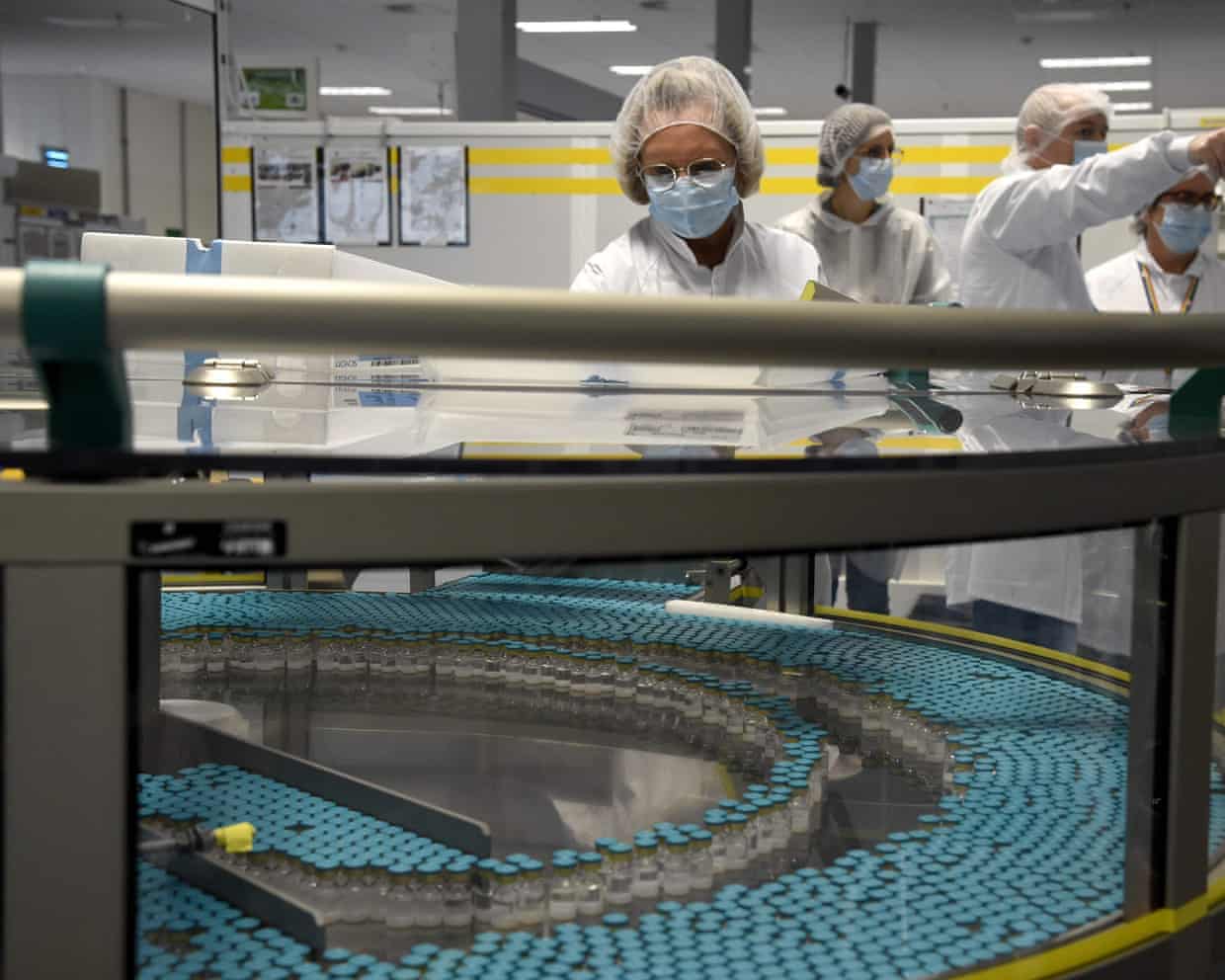
We need clarity on big pharma’s tax breaks | Letters
The outgoing chief executive of the pharmaceutical company GSK says the NHS should pay more for its drugs, in order to create “the right commercial environment” and ensure “patient access to innovation” (UK must reform drug pricing to become life sciences superpower, says GSK boss, 29 October).Our research shows that UK taxpayers are already paying handsomely for “patient access to innovation” through the £3.4bn in tax relief on profits of patented drugs that the UK has granted GSK via the UK’s “patent box” tax regime. This includes £486m in 2024 alone – larger than the entire budget of the Biotechnology and Biological Sciences Research Council, the UK’s main bioscience innovation funder.HMRC even granted UK tax relief to GSK on profits of a lupus drug, which for several years was unavailable to UK lupus sufferers, due to the price that GSK demanded from the NHS (£769
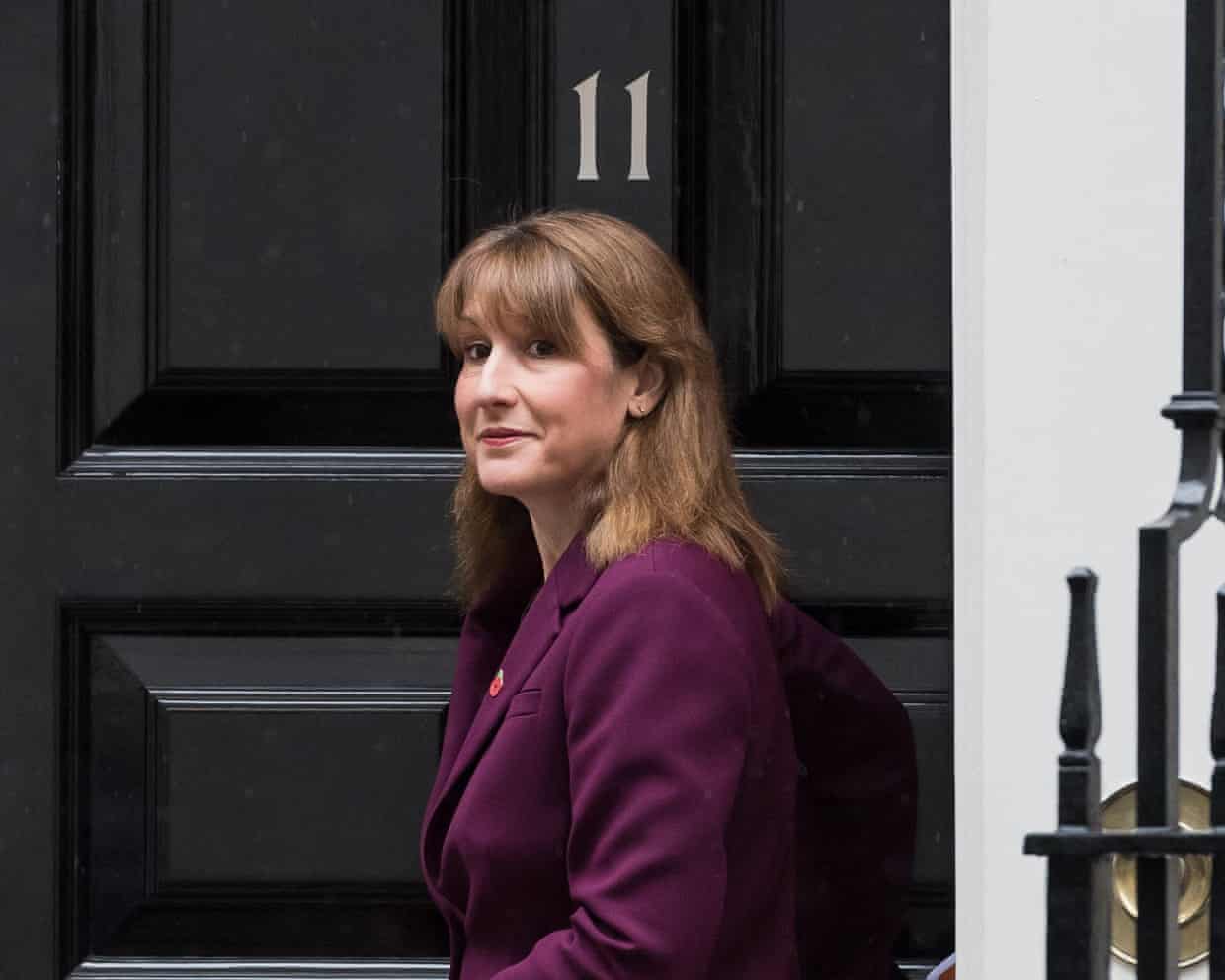
Time for Reeves to recognise reality: AstraZeneca has killed stamp duty on shares | Nils Pratley
It was one of those votes where the majority was always going to be huge. AstraZeneca’s proposal to list its shares directly on the New York Stock Exchange while retaining the quotes in London and Stockholm disadvantages nobody on the shareholder register.US investors get the chance to own AstraZeneca in full-fat form rather than via American depositary receipts (a wrapper provided by a handful of banks), a rejig that should widen the pool of potential investors and help the company with any future big deals in the US. Meanwhile, the pharma giant keeps its presence in the FTSE 100 index, upsetting no shareholders on the home front. “A global listing for global investors in a global company,” as Pascal Soriot, the chief executive, called it
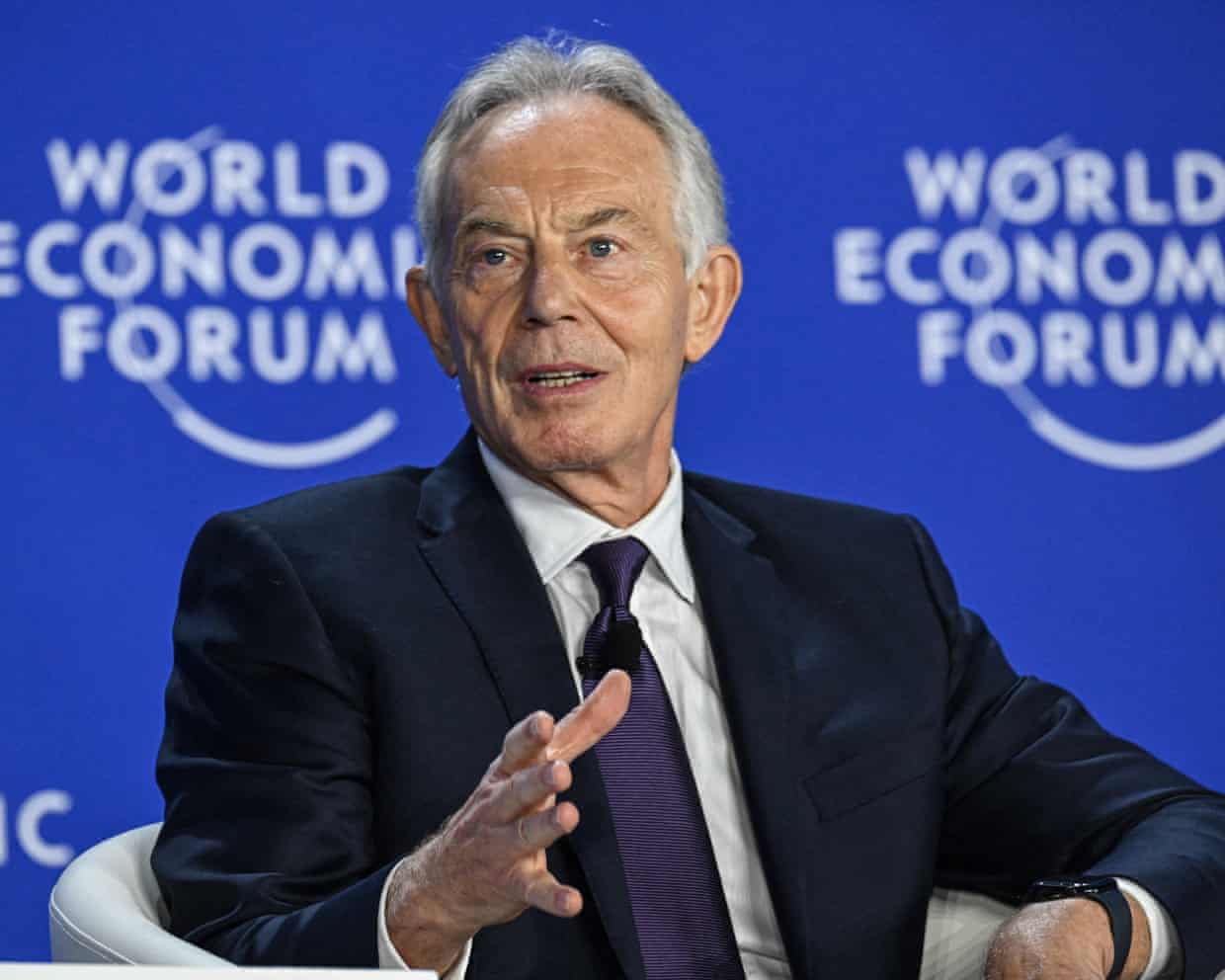
‘History won’t forgive us’ if UK falls behind in quantum computing race, says Tony Blair
Tony Blair has said “history won’t forgive us” if the UK falls behind in the race to harness quantum computing, a frontier technology predicted to trigger the next wave of breakthroughs in everything from drug design to climate modelling.The former British Labour prime minister, whose thinktank and consultancy, the Tony Blair Institute, is backed by tech industry leaders including the Oracle founder, Larry Ellison, warned: “The country risks failing to convert its leadership in quantum research.”In a report calling for a national strategy for quantum computing, Blair and William Hague, a former Conservative party leader, compared the situation to the recent history of artificial intelligence, where the UK was responsible for important research breakthroughs but then ceded power to other countries, including the US, leading to a scramble to build “sovereign” AI capacity.“As we have seen with AI, a strong research and development base is not enough: it is the countries that have the infrastructure and capital for scale that capture technology’s economic and strategic benefits,” they said. “While the UK is home to the second highest number of quantum startups in the world, it lacks the necessary high-risk capital and infrastructure to scale those startups

In Grok we don’t trust: academics assess Elon Musk’s AI-powered encyclopedia
The eminent British historian Sir Richard Evans produced three expert witness reports for the libel trial involving the Holocaust denier David Irving, studied for a doctorate under the supervision of Theodore Zeldin, succeeded David Cannadine as Regius professor of history at Cambridge (a post endowed by Henry VIII) and supervised theses on Bismarck’s social policy.That was some of what you could learn from Grokipedia, the AI-powered encyclopedia launched last week by the world’s richest person, Elon Musk. The problem was, as Prof Evans discovered when he logged on to check his own entry, all these facts were false.It was part of a choppy start for humanity’s latest attempt to corral the sum of human knowledge or, as Musk put it, create a compendium of “the truth, the whole truth and nothing but the truth” – all revealed through the magic of his Grok artificial intelligence model.When the multibillionaire switched on Grokipedia on Tuesday, he said it was “better than Wikipedia”, or “Wokepedia” as his supporters call it, reflecting a view that the dominant online encyclopedia often reflects leftwing talking points
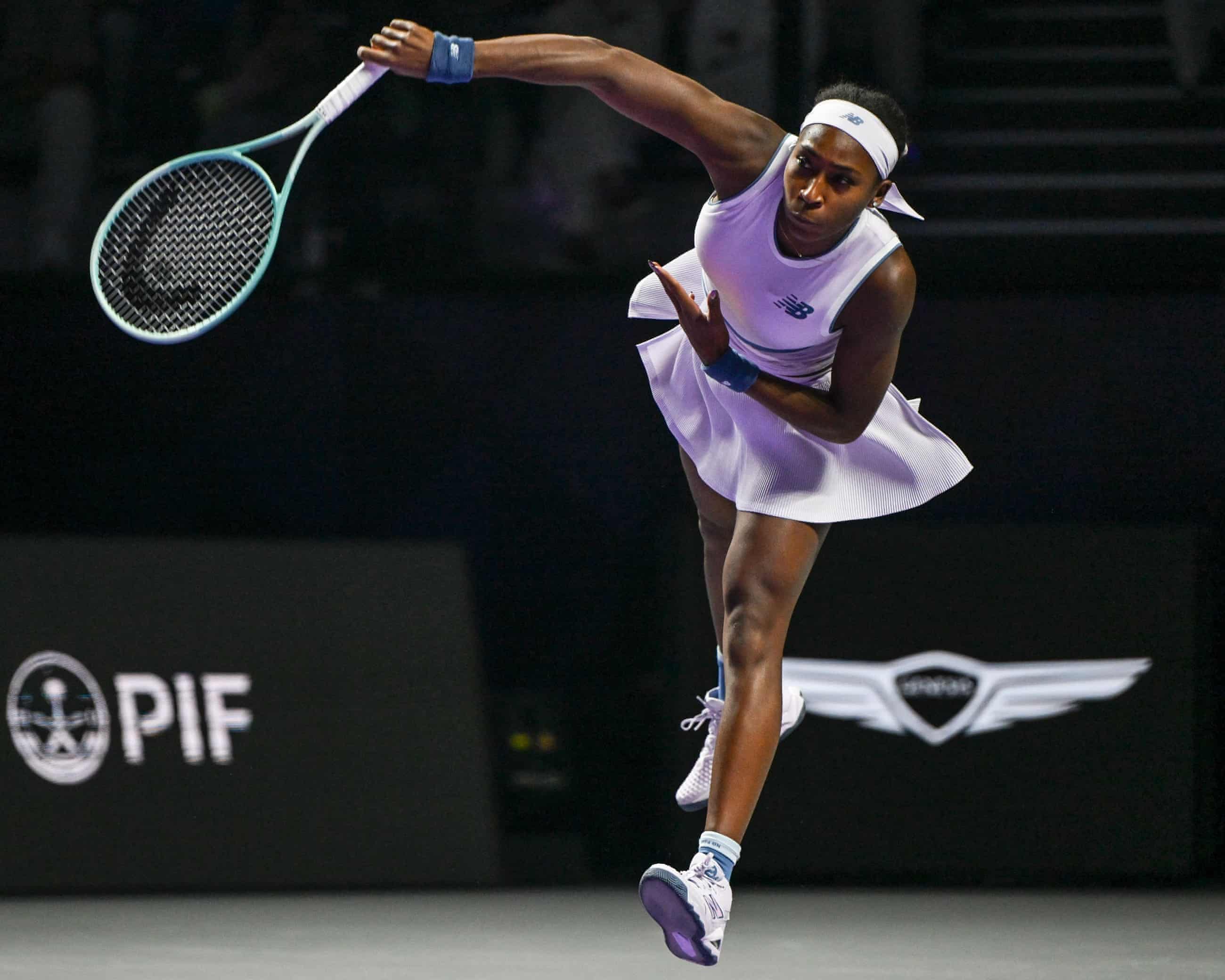
Coco Gauff’s second serve the only thing between her and sustained success
World No 3 seems to have taken a step forward in linking up with Gavin MacMillan but double faults at the WTA Finals shows there is still work to be doneFor a brief, hopeful moment in the middle of an intense tussle with her compatriot Jessica Pegula, it seemed as if Coco Gauff had found her way. Gauff had struggled in the first set of their opening match at the WTA Finals in Riyadh on Sunday, but then she dug deep and slowly turned the match around. The American reached set point on her serve at 6-5 in the second set.Gauff then proceeded to hit three double faults in a row, which allowed Pegula to retrieve the break without touching the ball. Not a single attempt was even close

NCAA basketball 2025-26 predictions: from Sarah Strong to Darryn Peterson, the names you’ll know by March
The college basketball season tips off on Monday across the United States. Can the Florida men do a rare repeat? Who can fill Paige Bueckers’ star void? Our writers weigh inI’ll go with the St Thomas–Minnesota men’s team, eligible for the NCAA Tournament for the first time after making an unprecedented jump from Division III to Division I. They enter as Summit League favorites and now boast a $175m arena that’s given them a major recruiting pull. A March run could cement the Tommies as the Gonzaga of the midwest. Bryan Armen GrahamBeyond the excitement of opening night, I’m eager to see how Tennessee’s Kim Caldwell steers the ship in her second season – and where Notre Dame lands after Olivia Miles’ departure to TCU
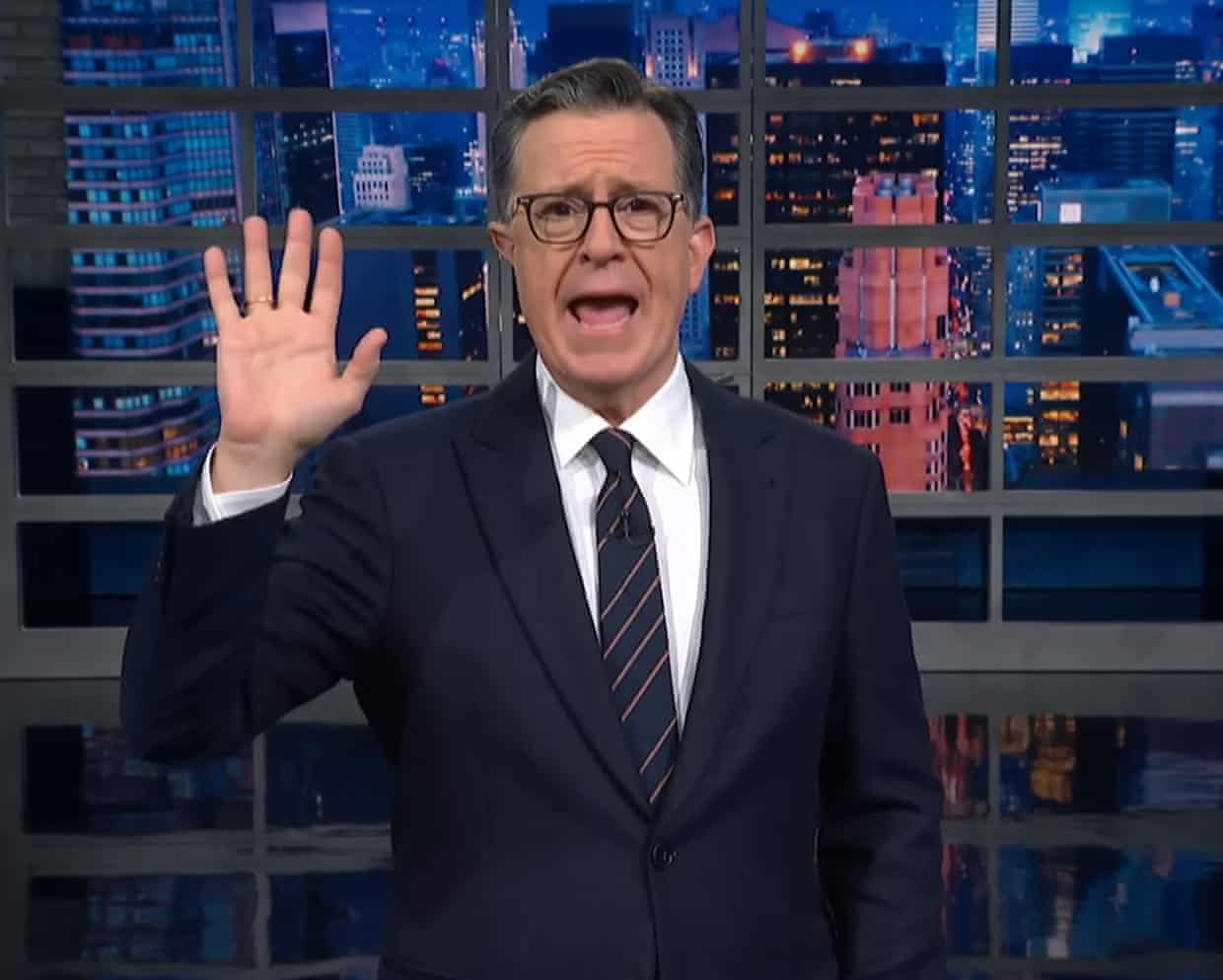
Stephen Colbert on ex-prince Andrew: ‘Pervert formerly known as prince’

Womad festival returns and moves to new Wiltshire site

Seth Meyers on Trump’s South Korea visit: ‘Getting the royal treatment he so desperately craves’

A third of people in England believe in ghosts, survey finds
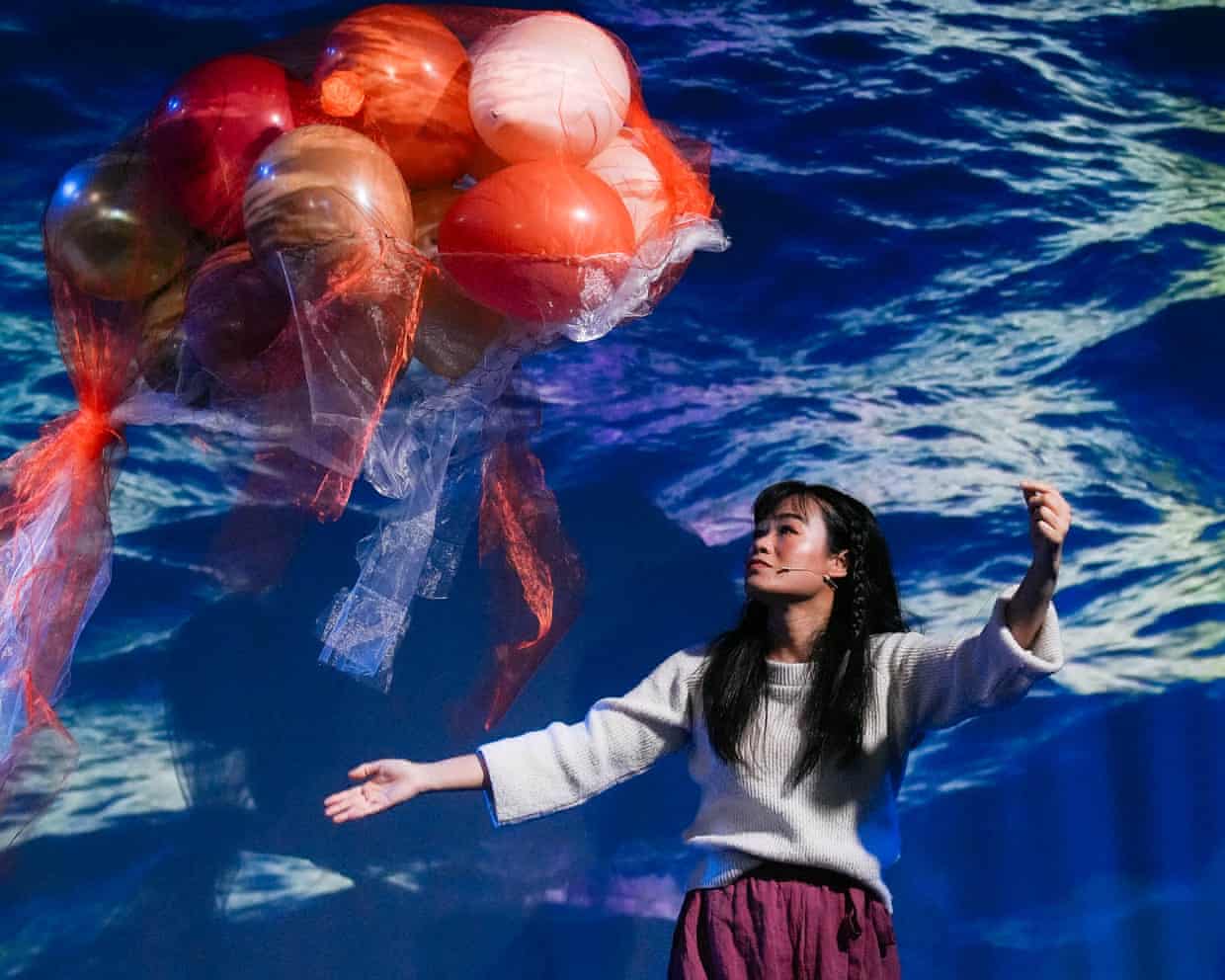
Arts organisations still in ‘funding limbo’ after crash of Arts Council England online portal

Jimmy Kimmel on government shutdown: ‘There is no Republican plan for healthcare’